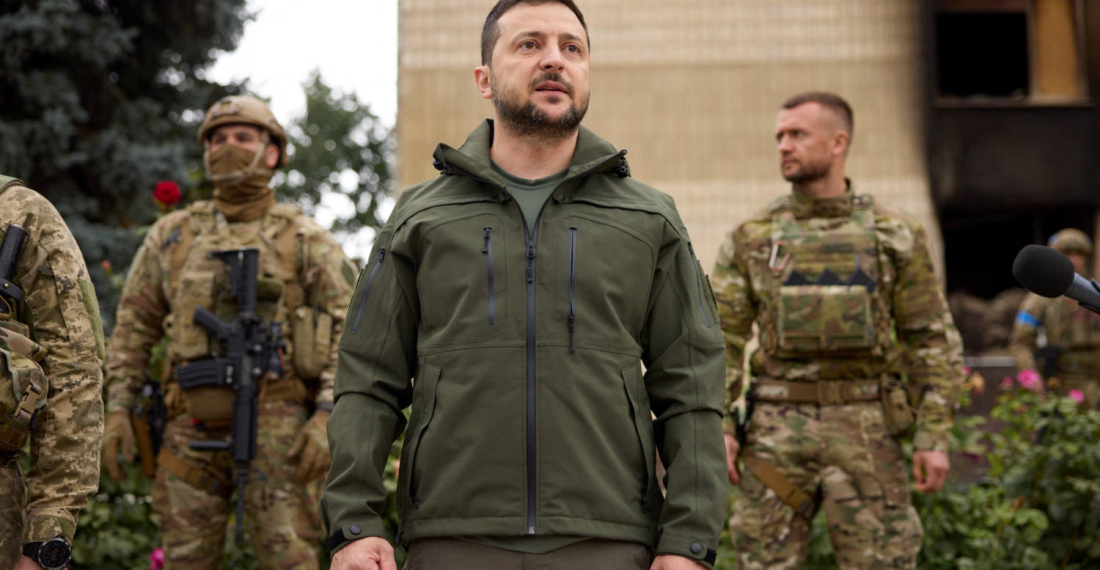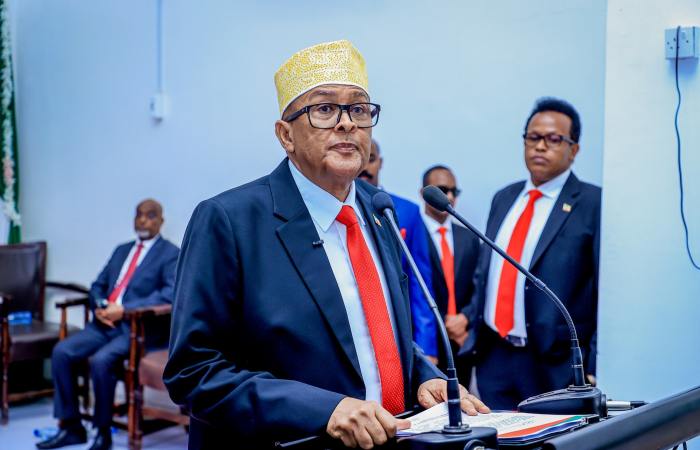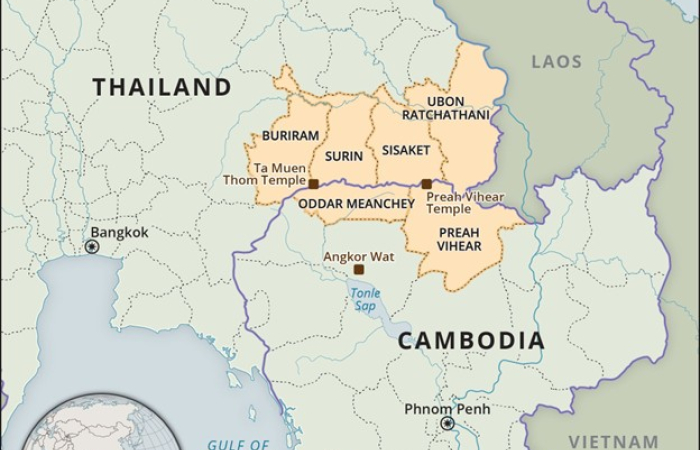When Volodymyr Zelensky ran for office to become president of Ukraine in 2019, many did not take him seriously. Here was a person who had become famous as an actor, playing the role of an imaginary president in a television soap opera, wanting to get the real thing.
Yet from the outset, the opinion polls were telling a different story, and he emerged as one of the front runners in the election, even before he formally announced his candidacy. When voting actually took place, Zelensky won a landslide victory, winning 73.23 per cent of the vote in the second round, defeating the incumbent Poroshenko, and taking office on 20 May 2019.
But even then there were those, inside and outside Ukraine, who refused to take him seriously.
In 2021/22, he on his part did not take seriously warnings about an imminent Russian invasion. He thought he could negotiate with Putin the future of Ukraine. He did not understand the contempt that Putin had for him, and indeed for the entire Ukrainian nation. On 28 January 2022, Zelensky called on the West not to create a "panic" in his country over a potential Russian invasion, adding that constant warnings of an "imminent" threat of invasion are putting the economy of Ukraine at risk.
Then, on 24 February 2022, Putin announced the start of “a special military operation”, which, as we know today, was meant to overthrow Zelenskiy and his government and install a Russian puppet government in Kyiv.
It also marked the birth of a new Zelensky, and a new Ukraine. As Russian troops approached Kyiv, Zelensky, although he knew that he was a primary target that the Russians wanted to eliminate, refused offers to be evacuated and said that he would stay on and resist. Most Ukrainians said the same.
It is easy to forget that in those difficult days, most Western Chancelleries had come to the conclusion that Kyiv, and most Ukrainian resistance, would collapse in a few days. It did not! Instead, the Russian advance on Kyiv stalled, and the Russian army had to withdraw unceremoniously to the Donbass to fight in a bloody conflict that has ensued since.
The re-invention of Volodymyr Zelensky as Ukraine’s wartime leader is inspirational, and is often compared to the transformation of Winston Churchill in WWII.
Churchill was a clever but marginal political figure, before being brought into the government at the onset of WWII, and soon after, to become the leader of a national government in wartime Britain. He brought the nation together, used his powerful oratory to unite and inspire the nation, and came to represent the spirit of resistance to the Nazis and their allies. Britain and its allies owe him a lot, and he became an icon, instantly recognised and respected across the world.
But when elections were held, as soon as the war had finished, Churchill and his conservative party were defeated. The war had changed Britain, and the new Britain wanted a different future.
Democracy is cruel, Churchill said, but there is no better alternative.
Zelensky can be compared to Churchill. He has proven to be a modern politician, who can very ably use the tools of the day, including social media. He has also shown a capacity to be a military leader in a conflict that, on the one hand, has many characteristics of WWII (some say even WWI), with close combat and fighting for inches of territory, but on the other hand is being fought with the latest technology, including drones, missiles and advanced aircraft. In such a situation, you need a versatile leader, Zelensky has proven to be such a person.
Zelensky speaks for Ukraine. The country, like its leader, has, in the past three and a half years, gone through a baptism of fire. Nobody questions Zelenky’s leadership, but nobody questions Ukraine's existence any more either.
The war is not over yet, but with both sides exhausted, it is realistic to think of a ceasefire in the future.
The question arises, what of Ukraine, and what of Zelensky in the future?
By its heroism, Ukraine has earned a place in Europe. The EU has been very vocal in its support for Ukraine. Its financial support has been large, and crucial in sustaining Ukrainian resistance.
Now it must take the plunge, and embrace Ukraine as a member. It is not a decision without risks. It will be costly. And it will be decisive. Ukraine can bring the EU down. But it will not.
Ukraine is emerging from the war bruised but strong. In the war, the country has found itself. It has the potential and the self-confidence necessary to succeed. The war has enabled Ukraine to emerge from the shadow of Russia. Untangible as this concept is, it is the key issue that will define the country’s future.
And Zelensky? Not by his own choice, Zelensky ended up being a wartime leader. He did that very well. It is likely that when the war ends, the Ukrainian people will want to move on to another leader who will be able to lead Ukraine in peace. But Volodymyr Zelensky has already earned a place in the history of Ukraine, and of Europe.






